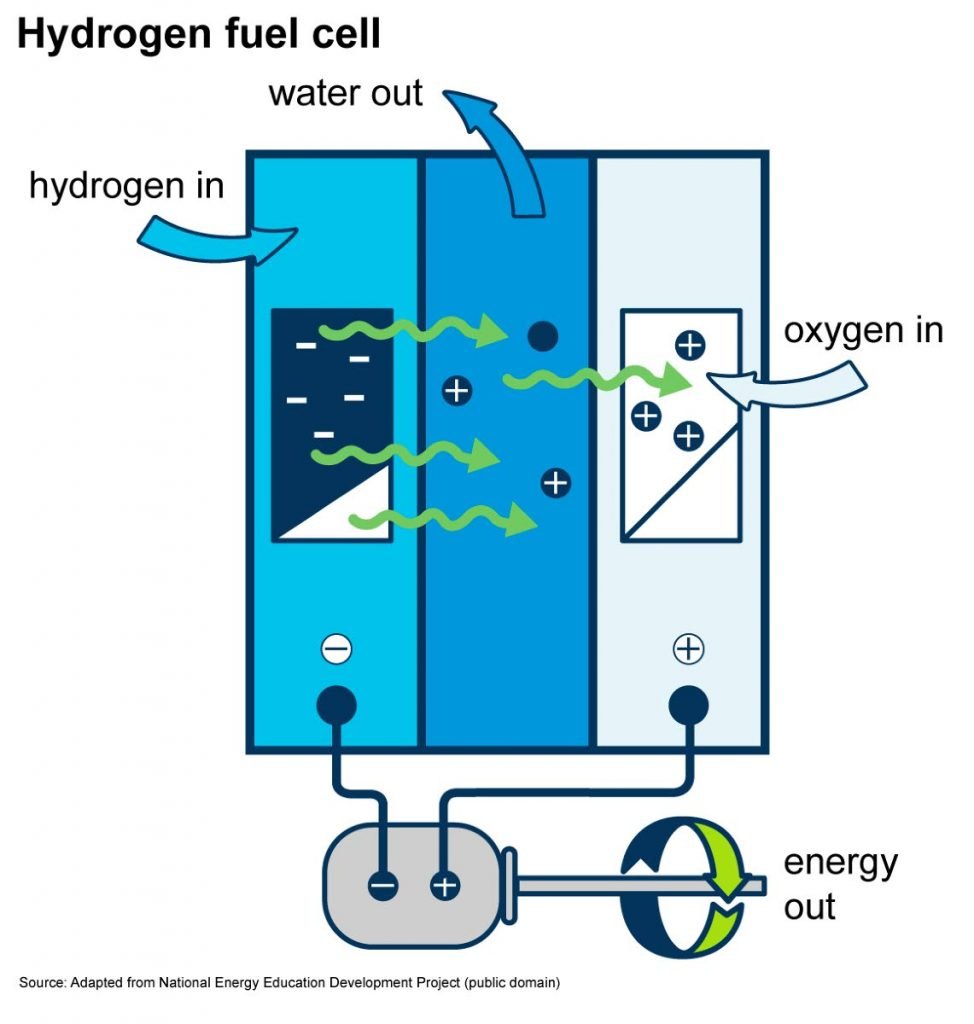Could green hydrogen be the key?

Energy Minister Stuart Young’s statement that the government is looking to focus on monetising the extraction of hydrogen is welcome.
This policy position makes sense particularly given the global shift away from dirty forms of energy.
“There will be a greater demand for liquid natural gas and ammonia for carrying hydrogen,” Mr Young said last week at an event hosted by the TT Extractive Industries Transparency Initiative (TTEITI). “We intend to be one of the first in class with monetising it.”
Oil and gas will hardly disappear overnight. In 2018, the National Gas Company paid $2 billion to the Treasury, bpTT paid $1.6 billion, Shell $656 million, Petrotrin $489 million and BHP $387 million.
However, oil and gas revenue fell from $3.4 billion in 2019 to $1.7 billion in 2020. This is little surprise, given the global economic slump triggered by a pandemic that has cut international travel and shutdown of many fuel-dependent activities.
The advent of vaccines means several large countries and blocs are now in the process of reopening. But it is unclear whether the demand for oil and gas will return in the short term while this process continues, or whether demand will ever match pre-pandemic levels.
Vehicle manufacturers like General Motors have signalled intent to stop making petroleum and diesel vehicles, as part of a broader commitment to become carbon-neutral.
This country has promulgated measures to make alternative-fuel vehicles more appealing. It has also sought to cut the total import of cars by limiting foreign-used vehicles.
However, it is not clear if these kinds of measures go far enough. More needs to be done to facilitate electric vehicles, for instance. Many experts believe the world has already passed the tipping point where sales of electric vehicles will soon overwhelm petrol and diesel cars.
There is room for this country to take the lead on these issues, and in terms of the reduction of carbon emissions.
Pursuing such goals can serve to revitalise flagging areas of economic activity.
Phillip Julien, managing director of NewGen, suggested in 2020 that hydrogen could lead to a revitalisation of petrochemical industries at the Point Lisas Industrial Estate which could bring much-needed jobs to the area.
Internationally, “green hydrogen” has already earned the moniker of being the “freedom fuel” that could take the world to net-zero carbon emissions in the coming decades.
While hydrogen can be generated from fossil fuels such as oil and natural gas, green hydrogen is made using alternative sources of power to split the hydrogen molecules from oxygen molecules in water.
Many refineries that use “grey” hydrogen to make chemicals can also do so using green hydrogen. Green hydrogen can be blended with natural gas. It can also be transported through the same pipelines.
While investing in this will be pricey – and there should be full transparency on any deals struck down the road – and while there are several risk factors to consider, this policy position might well be worth it in the long run.


Comments
"Could green hydrogen be the key?"